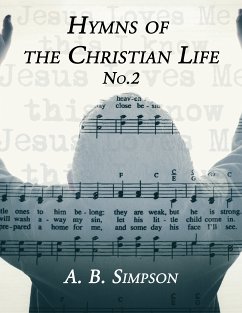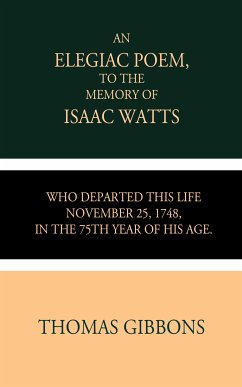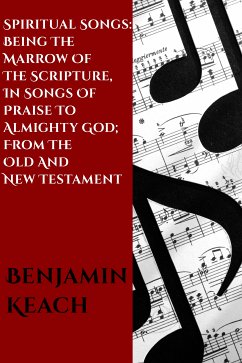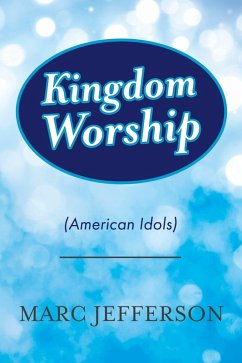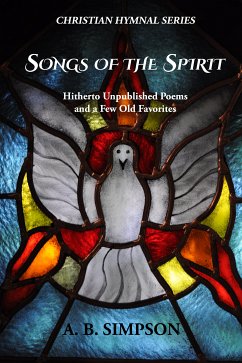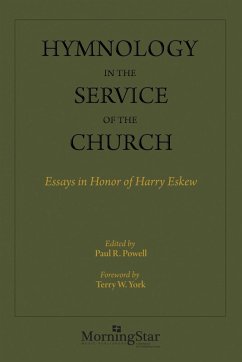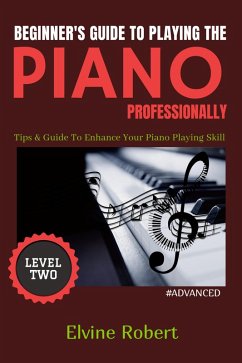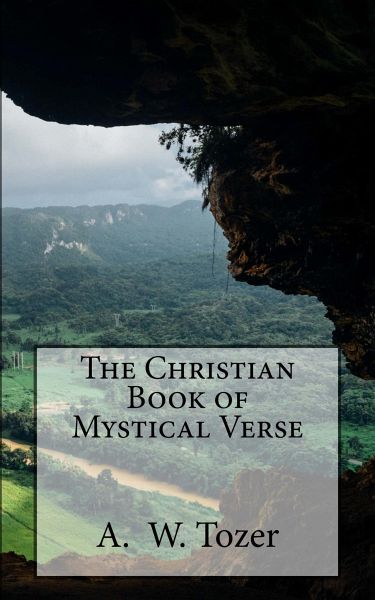
The Christian Book of Mystical Verse (eBook, ePUB)
Versandkostenfrei!
Sofort per Download lieferbar
0,99 €
inkl. MwSt.
Weitere Ausgaben:

PAYBACK Punkte
0 °P sammeln!
The purpose of this book is to bring together in one convenient volume some of the best devotional verse the English language affords, and thus to make available to present day Christians a rich spiritual heritage which the greater number of them for various reasons do not now enjoy.I have not hesitated to apply the term "mystical" to the material I have collected here, though I readily admit that fewer than half a dozen of the men and women who would be called true mystics in the strict classical sense will be found here. Such names as Eckhart, Ruysbroeck, John of the Cross, Teresa, Rolle, Ta...
The purpose of this book is to bring together in one convenient volume some of the best devotional verse the English language affords, and thus to make available to present day Christians a rich spiritual heritage which the greater number of them for various reasons do not now enjoy.
I have not hesitated to apply the term "mystical" to the material I have collected here, though I readily admit that fewer than half a dozen of the men and women who would be called true mystics in the strict classical sense will be found here. Such names as Eckhart, Ruysbroeck, John of the Cross, Teresa, Rolle, Tauler, Hilton, Francis of Assisi, for instance, are not represented in this volume at all. On the other hand the frequent appearance of such a man as Watts might cause the reader to lift a questioning eyebrow and ask, "Is Watts also among the mystics?"
Well, the answer must be, Of course he is, and so are John Newton and James Montgomery and Reginald Heber and Charles Wesley, as well as many others who might have balked at being called mystics but whose writings, nevertheless, reveal unmistakable traces of purest mysticism and are the better for it. And for that matter the same thing may be said of the inspired writings of such men as Moses and David and Isaiah and Daniel and Paul and John, the works of the latter showing more than traces of the mystical spirit, being indeed charged full with it.
As short a time as, say, forty years ago, the words "mystic" and "mystical" were altogether unacceptable in evangelical circles. Among the gospel churches the words suggested someone who was emotionally unstable, visionary, and worst of all, unsound theologically.
Now there are undoubtedly many persons with a temperamental fondness for the fantastic. These have by nature a strong psychic bent that predisposes them toward the occult; they have also an incredible capacity for self-deception and are ready to accept whatever in the realm of religion is bizarre and prodigious. Such as these have been sometimes called mystics - something they most surely are not.
I have not hesitated to apply the term "mystical" to the material I have collected here, though I readily admit that fewer than half a dozen of the men and women who would be called true mystics in the strict classical sense will be found here. Such names as Eckhart, Ruysbroeck, John of the Cross, Teresa, Rolle, Tauler, Hilton, Francis of Assisi, for instance, are not represented in this volume at all. On the other hand the frequent appearance of such a man as Watts might cause the reader to lift a questioning eyebrow and ask, "Is Watts also among the mystics?"
Well, the answer must be, Of course he is, and so are John Newton and James Montgomery and Reginald Heber and Charles Wesley, as well as many others who might have balked at being called mystics but whose writings, nevertheless, reveal unmistakable traces of purest mysticism and are the better for it. And for that matter the same thing may be said of the inspired writings of such men as Moses and David and Isaiah and Daniel and Paul and John, the works of the latter showing more than traces of the mystical spirit, being indeed charged full with it.
As short a time as, say, forty years ago, the words "mystic" and "mystical" were altogether unacceptable in evangelical circles. Among the gospel churches the words suggested someone who was emotionally unstable, visionary, and worst of all, unsound theologically.
Now there are undoubtedly many persons with a temperamental fondness for the fantastic. These have by nature a strong psychic bent that predisposes them toward the occult; they have also an incredible capacity for self-deception and are ready to accept whatever in the realm of religion is bizarre and prodigious. Such as these have been sometimes called mystics - something they most surely are not.
Dieser Download kann aus rechtlichen Gründen nur mit Rechnungsadresse in A, B, BG, CY, CZ, D, DK, EW, E, FIN, F, GR, H, IRL, I, LT, L, LR, M, NL, PL, P, R, S, SLO, SK ausgeliefert werden.




